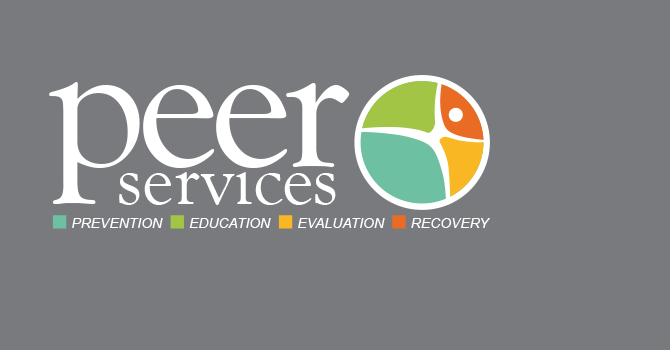Many individuals who come to grips with their addiction to heroin or other opiates, turn to methadone detox as a means of ridding the bloodstream of the toxins the drugs leave behind. Methadone is a highly successful form of detox treatment, and for many, it paves the way for an effective drug rehabilitation program, and eventually, a drug-free life.
But methadone detox is a unique process among detoxification programs, and it is a good idea to obtain as much information as possible about the procedure before entering into it.
What follows are several pieces of vital information about methadone detox and what it means to the individual.
- Methadone detox must be overseen by a medical professional. Methadone is not a prescription that an individual can pick up at a pharmacy and self-regulate. The procedure must take place on a regular basis at a doctor’s office or a methadone clinic.
- Methadone treats the physical withdrawal symptoms from heroin and other drugs, but not the psychological withdrawal symptoms. To conquer the psychological aspect of drug addiction, counseling and after-care programs are required.
- The risk of overdose from Methadone is low. The doctor administering the methadone carefully controls the dosage level, and unlike street drugs, there is no mystery surrounding the strength of each particular dose.
- Methadone does not create a euphoric effect when taken. Methadone simply helps curb cravings for opiate-based drugs.
- Side effects of taking methadone are generally mild, and may include: water retention, drowsiness, constipation and sweatiness. As the body adjusts to the methadone, these symptoms will subside.
- Methadone detox helps stabilize the heroin addict, giving them the “level footing” needed to pursue drug rehab or maintain a job while involved in outpatient treatment.
- In 1997, the U.S. Department of Health and Human Services trumpeted the success of methadone use when it said, “of various treatments available, methadone maintenance treatment, combined with attention to medical, psychiatric and socio-economic issues, as well as drug counseling, has the highest probability of being effective.”
- Suboxone treatment, which is similar to methadone treatment except that it allows individuals to get a prescription and self-medicate, is growing in popularity. Suboxone has become an alternative for those who are unable to attend a methadone clinic on a regular basis and receive treatment from a doctor.
- Methadone detox helps reduce the spread of AIDS and HIV. The fewer people who continue to share needles during heroin use, the fewer who will contract the deadly virus as a result. Therefore, there is a tangible societal benefit to methadone use – and any other form of treatment that help curtail the use of heroin.
For a complete listing of the top methadone detox programs in Illinois, visit www.Illinois-drug-rehabs.com. At www.Illinois-drug-rehabs.com you will help helpful information about programs in your area that offer this proven-successful method of detoxification. Results may vary according to the individual, but for many, methadone detox offers a chance to reduce physical cravings and gain the stability required to move on into drug rehabilitation.


